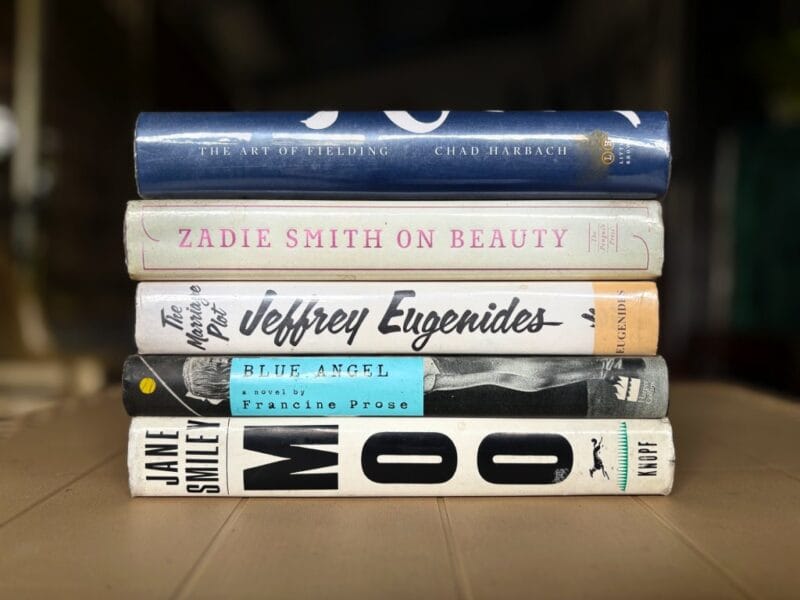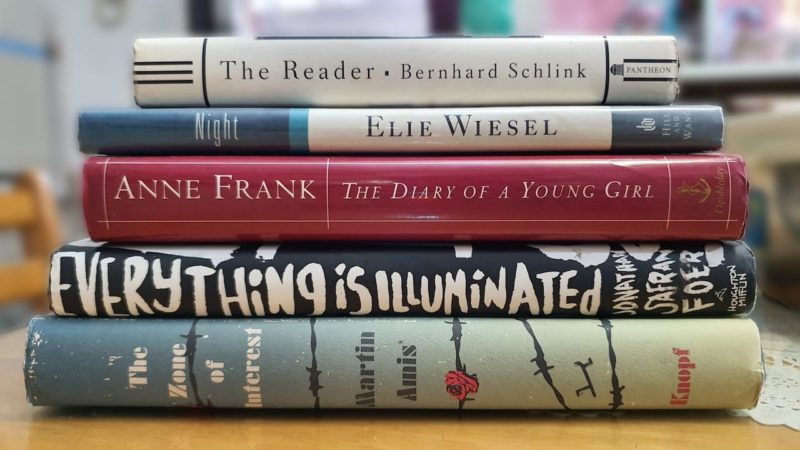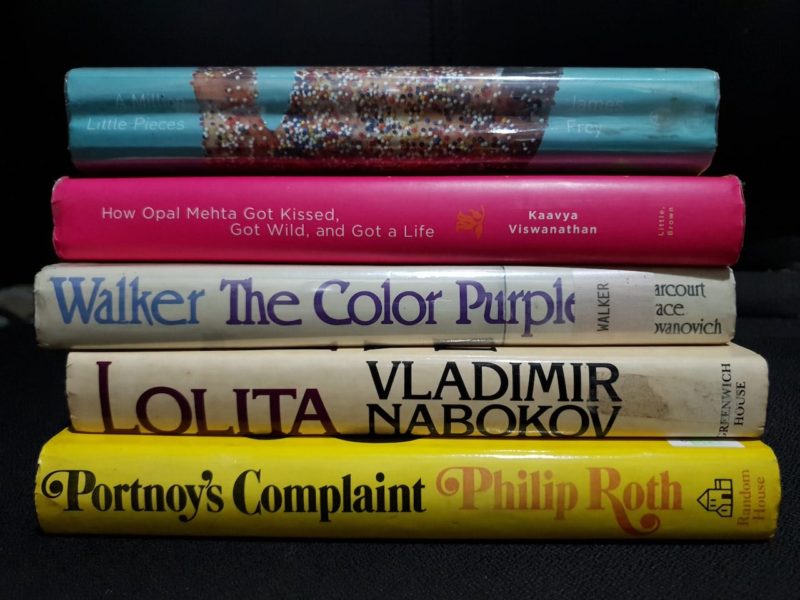Marilynne Robinson is one of the most intellectually rigorous and stylistically distinctive writers of contemporary literature. Her work is shaped by an engagement with history, theology, and human consciousness, resulting in fiction and essays that demand careful consideration. Whether examining the inner lives of her characters or exploring broader cultural and philosophical questions, she challenges readers to approach the world with greater attentiveness.
Robinson’s essays extend her literary concerns beyond fiction, addressing the intersections of faith, democracy, and the legacy of American intellectual tradition. She interrogates history with precision, revisiting foundational ideas and their implications for the present. Her engagement with Protestantism, particularly Calvinism, informs her view of human dignity and the responsibilities that come with it. The following sections explore the central ideas in some of her most significant works
Gilead
Robinson earned the Pulitzer Prize for her book Gilead (2004), an epistolary novel that recounts the memories and legacy of Reverend John Ames, a preacher’s son from Iowa. Ames, who is dying, struggles with serious doubts about mores, existence, and God as he narrates his life stories and experiences via letters to his young son (whose name is never revealed in the novel).
Robinson writes in a manner that encourages readers to read slowly and attentively since the book is contemplative and even calm. The central idea in the novel is the difficulties of communication between different generations, especially between fathers and sons, which is particularly examined via the lens of the parable of the prodigal son at several points in the narrative.
Home
The main characters of Home (2008), the second book in Robinson’s Gilead tetralogy, are Glory and Jack Boughton, two siblings who have returned to Iowa, where Jack spent his childhood. It takes place during the same time period as the first book, Gilead, but from a new point of view, as told by Glory Boughton, who retells the previous novel’s events.
Former English teacher Glory breaks off her five-year engagement to a married man and returns to Gilead, Iowa, to care for her ailing father, Reverend Robert Boughton. Jack returns to the place they once called home to determine who he is and if he deserves a second shot at happiness with the woman he loves. In fact, this narrative may be interpreted as a thesis on family, a rich inventory of the many ways in which a father can harm a son, a brother can harm a sister, or vice versa, just because they love one another so much.
Lila
Robinson’s novel Lila (2014) is the third in the Gilead tetralogy and follows the love and marriage of Lila and John Ames, as well as Lila’s difficult background and the tangled web of connections she’s established throughout her life. Lila was abandoned as a child, but a smart young vagabond named Doll rescued her, and the two of them built a nomadic existence together, scraping by on their sisterly connection.
The novel combines the present-day tale of Lila and John with flashbacks of her youth on the run with Doll to examine feelings of guilt, isolation, and resentment. After years of wandering the countryside, Lila finds cover from the rain in a small-town Iowa church, where she sparks a romance and a dispute that will change her life forever. She marries John Ames, a clergyman, and starts a new life while attempting to make sense of the one she left behind.
Jack
In Robinson’s novel Jack (2020), John Ames “Jack” Boughton, son of Robert Boughton and namesake of John Ames, left Gilead in disgrace after fathering an unwanted child with a poor woman but returned to care for his ailing father. During the course of the narrative, we learn more about Jack, the rebellious son of a Presbyterian minister in Gilead, and Della Miles, a high school teacher who also happens to be the daughter of a minister.
For readers who’ve already read the previous books in the Gilead series, they will not be surprised to learn that Jack and his deeds continue to serve as the focal point around which the emotional gravity of the whole series revolves. In the end, the novel doesn’t provide sentimental resolutions; instead, readers are encouraged to write their own happy endings while holding on to the faith that grace will find its way to those who desire it.
The Givenness of Things
The essays in this collection are an in-depth analysis of Robinson’s thoughts on issues that have bothered and inspired her throughout her career, such as the enduring value of the writings of great thinkers like Calvin, Locke, and Shakespeare, as well as the emergence of the self-declared elite in American religious and political life.
For believers or nonbelievers alike, Robinson’s The Givenness of Things (2015) is a noteworthy read due to its 17 essays’ passionate and intellectual defense of Christianity in the face of the Richard Dawkins-inspired new atheism that has dominated in recent years.
Further Reading
The Revelations of Marilynne Robinson by Wyatt Mason, The New York Times
Marilynne Robinson interview: The faith behind the fiction by Kay Parris, Reform Magazine
What Kind of Country Do We Want? by Marilynne Robinson, The New York Review of Books
On “Beauty”: Marilynne Robinson on Writing, What Storytelling Can Learn from Science, and the Splendors of Uncertainty by Maria Popova, The Marginalian




